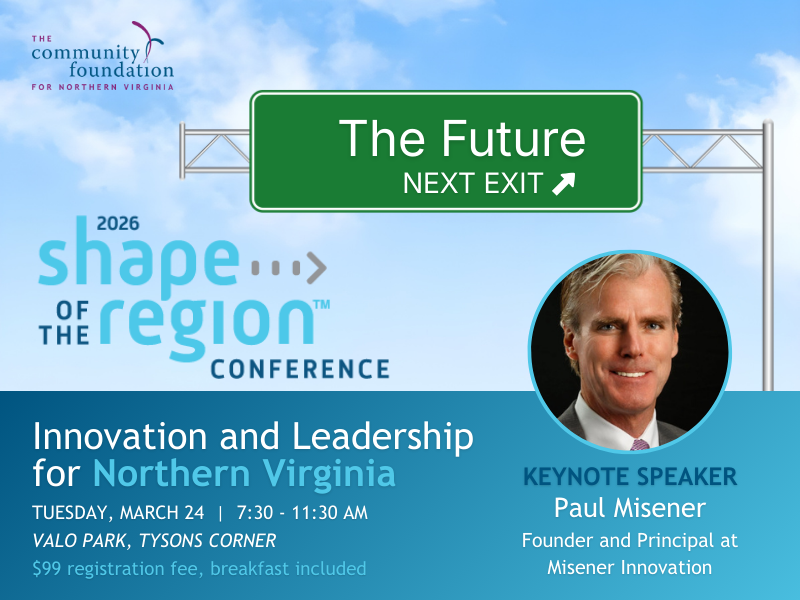A crowd of more than 100 joined with the Community Foundation for Northern Virginia at its latest Innovation Breakfast Series: The Reinvention of Food virtual event on Thursday, September 17, 2020, to discuss the challenges facing the emergency food safety net since the COVID-19 pandemic hit the Greater Washington region in March including some persistent racial and social inequities that exist, and possible paths forward to address them.
The event featured by Jennifer Owens, President & CEO, Arlington Community Foundation; Julie Buisson, Business Operations Manager, SpringForward PHILLIPS Programs; Ondrea McIntyre-Hall, Director of Health Access & Nutrition Services Northern Virginia Family Service; Jennifer Montgomery, Executive Director, Loudoun Hunger Relief; Radha Muthia, President & CEO Capital Area Food Bank; Dawn Hyman, Project Manager, One Fairfax, Fairfax County
There was unanimous agreement that the impact of COVID-19 has been severe, causing widespread unemployment and unprecedented levels of food insecurity in the region, forcing local organizations to pivot how they provide services to those greatly in need of essential resources. The Greater Washington region has experienced a huge spike in food insecurity because of the coronavirus pandemic.
“Our region pre-COVID had about 400,000 food insecure individuals across the Greater Washington region…that has gone up to slightly over 600,000 individuals,” said Radha Muthia, President & CEO Capital Area Food Bank.
COVID-19 has collapsed the pre-pandemic food distribution network, creating severe food supply-chain issues, disrupting the delivery of food to those in need.
”Many of the smaller nonprofits we rely on for distribution to move food out to the people who need it the most were often experiencing their own issues with either volunteers or their own sustainability,” said Jennifer Owens, President & CEO, Arlington Community Foundation.
In Fairfax County, officials are working to address long-standing systemic racial disparities in food insecurity exacerbated by COVID-19 by adopting programs like One Fairfax, which is a joint racial and social equity policy to ensure equity is considered in all planning, programming, implementation, and decision-making efforts to address systemic racism in the food system.
“Our food system, like many other societal systems, isn’t broken, it’s working exactly the way it was designed by those who designed it,” said Dawn Hyman, Project Manager, One Fairfax, Fairfax County. “While our food system continues to work for many, barriers and inequities still exist for many others, through race, socially, particularly in our marginalized and communities of color.”
In Loudoun County, nonprofits like Loudoun Hunger Relief are on the frontlines providing services to the community but had to pivot from in-person contact to an online appointment system in order to respond to the needs in the community in this COVID climate. LHR has also become a distribution center of sorts to assist local farmers who don’t have the capacity to deliver their goods throughout the county.
“We now act as a produce hub in our community for partners who have never distributed before,” said Jennifer Montgomery, Executive Director, Loudoun Hunger Relief.
The pandemic has changed the face of those who typically need essential services provided by local organizations like the Northern Virginia Family Service. For the first time, many people are experiencing food insecurity.
“COVID has laid bare how we define who is vulnerable,” said Ondrea McIntyre-Hall, Director of Health Access & Nutrition Services at Northern Virginia Family Service. “Who we traditionally thought as vulnerable is not just low-income folks who may be challenged and living on the margins. It’s anybody.”
COVID-19 has only exposed the harsh realities of food insecurity that existed pre-pandemic for many residents across the Greater Washington region. It has also made it more difficult to feed those experiencing hunger.
“COVID-19 has caused the closure of nutritional support sights like schools. It’s caused cutbacks on public transit systems people use to access emergency food. It’s caused fear around using those public transit systems doing a pandemic and in the middle of it all there are supply chain issues and record level demand,” said Eileen Ellsworth, President & CEO at the Community Foundation for Northern Virginia.
A troubling economic impact of COVID-19 is unemployment disparities for communities of color. Black, Latino, and Native American workers are more likely to have jobs that have been lost during the pandemic. The PHILLIPS Programs, in Fairfax, Virginia is working to address youth joblessness with its social enterprise programs that provide cooperative employing young adults in an indoor, hydroponic farm. The SpringForward farm will grow fresh produce year-round in an urban community.
“The primary goal of SpringForward is to increase workforce development opportunities for people who traditionally encounter barriers to employment and to do so in growing industries such as indoor farming whose value skyrocketed during the pandemic with a surge in demand and whose market size is expected to reach over $160 billion in the next five years,” said Julie Buisson, Business Operations Manager, SpringForward PHILLIPS Programs.
The event was hosted by the Community Foundation for Northern Virginia. The mission of the Community Foundation is community and the shared prosperity of all the residents and areas we serve. We believe that the Innovation Breakfast Series has become a more effective tool than ever in furthering this mission because the discussion itself contributes to greater knowledge, deeper understanding, and more effective action. This event was recorded and is available for viewing.
This Innovation Breakfast event was sponsored by John Wolff and Wealthspire Advisors.
Innovation Breakfast Series: The Reinvention of Food
September 21, 2020
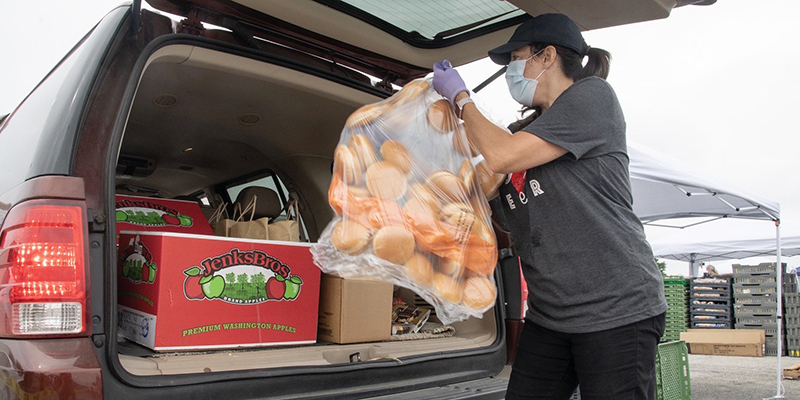

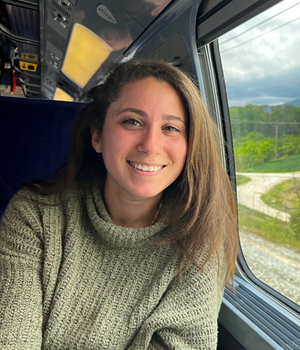 Questions?
Questions?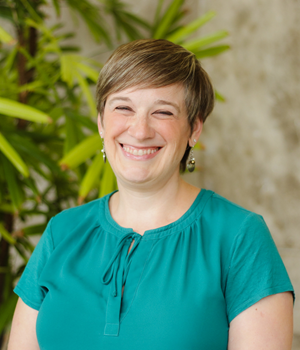 Questions?
Questions?


